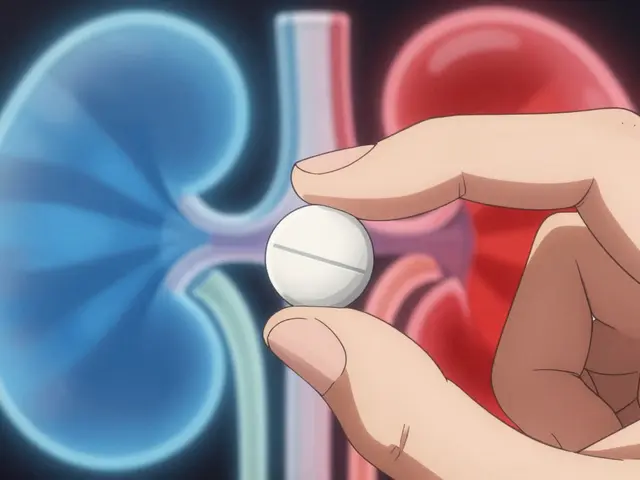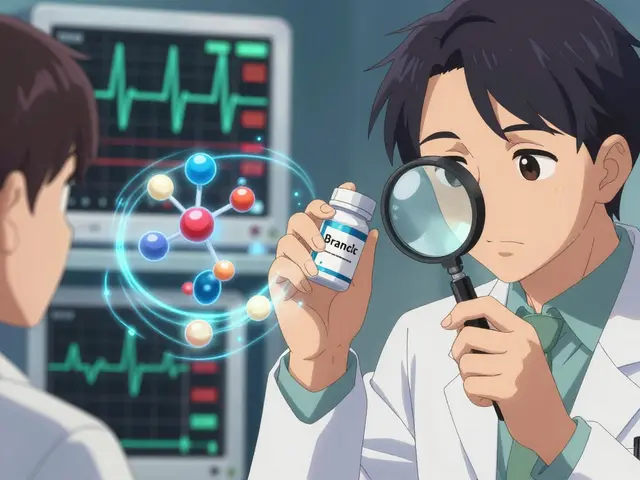Heart Failure: Symptoms, Treatment, and What You Can Do Today
Heart failure sounds scary, but it just means the heart isn’t pumping as well as it should. You can still live well with the right treatment and habits. This page gives clear, practical steps you can use now—what to watch for, basic medicines, and simple daily checks that matter.
Recognize the warning signs
Watch for shortness of breath during normal activities or when lying flat, sudden weight gain (2–3 kg in a couple of days), swollen ankles or belly, and persistent cough or wheeze. Feeling more tired than usual, losing your appetite, or having trouble concentrating are common too. If you get chest pain, faint, or can’t catch your breath at rest, get emergency help.
Quick daily checks that help
Weigh yourself at the same time every morning and track changes. A fast weight jump usually means fluid buildup and may need a medication tweak. Check your blood pressure and pulse if you have a home monitor and record the numbers. Note how far you can walk or climb stairs before getting breathless—small changes matter. Keep a simple log so your clinician can spot trends.
Limit salt (aim for under 2–3 grams a day if advised), watch fluid intake if told to, and skip late-night salty snacks. Cut smoking and keep alcohol low—both make the heart work harder. Gentle activity or a cardiac rehab program improves strength and mood; ask your care team for a safe plan.
Medications are the core of treatment. Common options include ACE inhibitors or ARBs, beta-blockers (like carvedilol and metoprolol), diuretics (water pills), and mineralocorticoid receptor blockers. Each drug helps in a different way: some lower blood pressure, some reduce fluid, and some protect the heart long term. Never stop meds suddenly—talk to your doctor before changing doses.
If blood pressure control is an issue, other drugs such as calcium channel blockers (for example nifedipine/Procardia) might be used for high blood pressure, but some are not ideal in certain types of heart failure. Your doctor will pick medicines based on your exact heart function, symptoms, and other conditions.
Keep an up-to-date list of all medicines, supplements, and doses. Use reputable pharmacies and ask about delivery or telehealth if travel is hard, but always confirm prescriptions with your clinician. Vaccines for flu and pneumonia lower the chance of infections that can worsen heart failure.
If symptoms climb—increasing breathlessness, big weight gain, swollen belly, fainting, or chest pain—call your provider or go to the ER. Regular follow-up, tracking daily signs, and sticking to treatment give you the best chance to feel better and avoid hospital stays. Small habits add up and make a real difference for life with heart failure.

Heart Failure and Kidney Disease: A Complicated Relationship
In a recent blog post, I explored the complex relationship between heart failure and kidney disease. It turns out that these two conditions often coexist, and can exacerbate each other's symptoms. The heart and kidneys are closely connected, as they both play a role in regulating blood pressure and maintaining overall health. As a result, when one is compromised, the other often suffers too. It's crucial for patients and healthcare providers to understand this connection in order to provide effective treatment plans and improve overall health outcomes.




